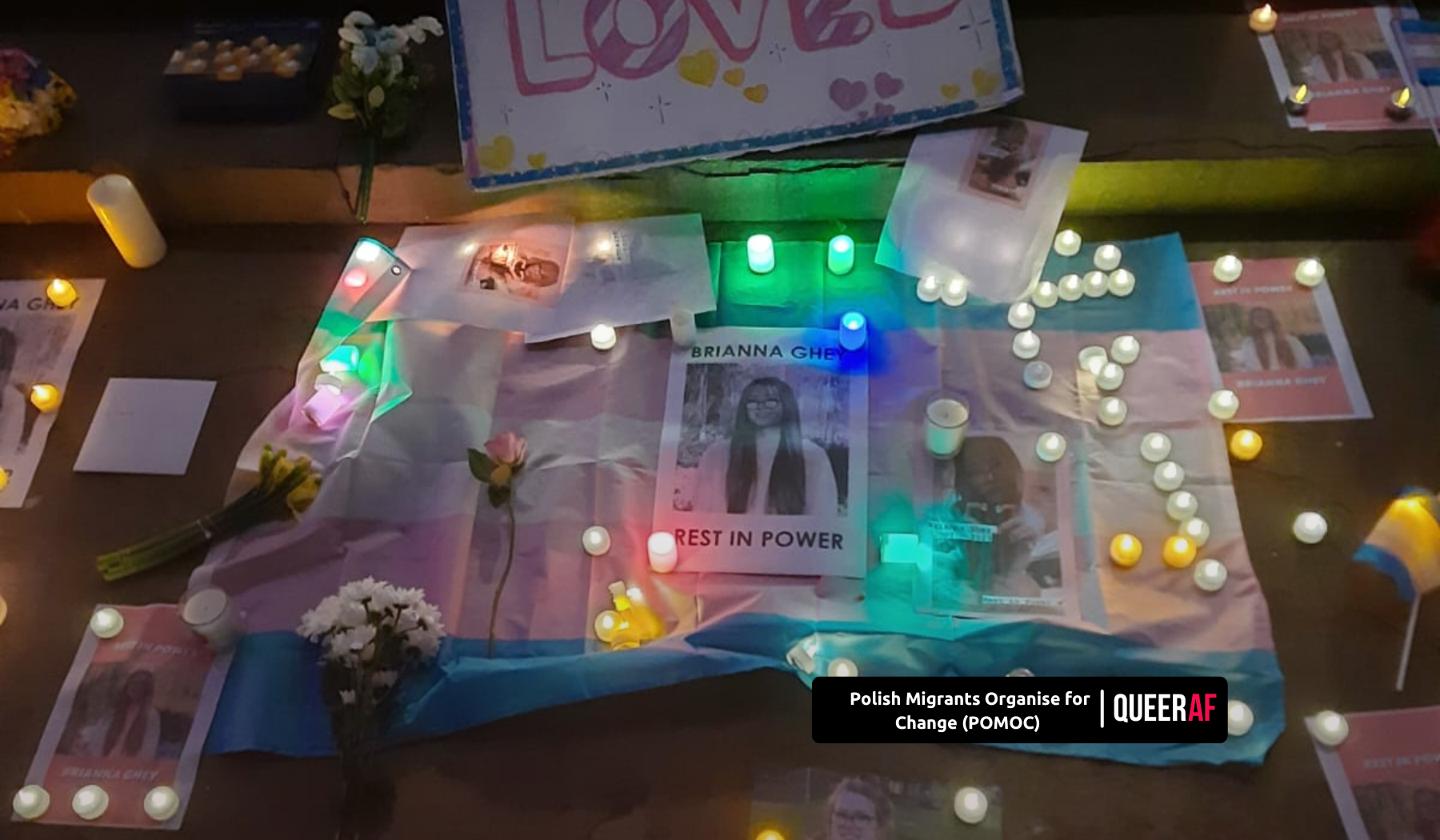TLDR: Amid rising hate crimes and growing anti-LGBTQIA+ rhetoric it's time for media owners, journalists and producers to recognise the short and long term damage their coverage is having
As news broke of another high-profile attack in London this week, hot on the heels of two men being stabbed outside popular gay bar The Two Brewers on the 13th, the LGBTQIA+ community started to draw connections.
While news outlets focused on these attacks as isolated incidents, and police said they had no indication that they were connected, many of us see a bigger picture.
An average of 85 queer hate crimes were reported to the police each day last year. There are many more that go unreported.
They're happening amid a daily bombardment of transphobia, 'traditional values' talk and anti-LGBTQIA+ rhetoric, from leaders, politicians and, crucially, the media.
In the wake of these attacks, those spreading prejudiced messages must recognise their culpability.
Who was attacked this week?
Two men returning from UK Black Pride were taken to hospital after a homophobic attack in south London. One of the men needed stitches after being violently punched.
It’s not the only hate crime that made headlines this week. Police in Northern Ireland are investigating graffiti found in Lurgan, Co. Armagh, as a hate crime. The graffiti read “no Irish, no gay”.
And it comes after a flurry in recent months. We need only look at one city, typically seen as progressive, to see the extent of this. Bristol Pride faced a series of violent incidents - the arson attack on a Pride billboard is being investigated as a hate crime, and a Bristol trans pride picnic was attacked by people who shot BB guns at revellers.
Looking back just a couple more months, we still vividly remember the murder of young trans teen Brianna Ghey, which has been perhaps the most harrowing such incident this year.
These are all examples of the horrific rise in hate crimes against LGBTQIA+ people, up 348% in just under a decade.

What’s the bigger picture?
The government has been ramping up anti-trans rhetoric, openly admitting that they plan to fight the next election on 'culture wars and trans debate' - The Mirror
While Rishi Sunak has been quick to comment on culture war issues like the misinformation-led story that falsely suggested kids identified as cats, the government's silence on these recent attacks has been deafening - Gay Times
On the day of the Two Brewers attacks, in which two gay men were stabbed, the so-called 'Equalities Minister' Kemi Badenoch was instead whipping up hate in national newspapers while announcing a crusade against gender-neutral toilets.
Meanwhile, instead of doing what journalism should do - hold ideas, concepts and leaders to account - many of the legacy titles that dominate our news landscape in the UK give free reign to attitudes that diminish our rights and lives.
Why the media is culpable in these attacks
So much of what we think and feel comes from the media, often unconsciously.
When journalists and commentators talk about our lives or other issues that don't directly affect them, they can easily distance themselves from it. We're another talking point, not a set of humans who have to face the violence their words have whipped up.
It's just content, right? Another news story, another video.
These devastating content choices generate the clicks and views for ad revenue - revenue that keeps them in a job. But those choices have a violent impact on our streets, in our homes and on our loved ones.
It's time for media owners, journalists and producers to take accountability. To recognise they are part of why hate crimes are rising – why people are being attacked daily.
It's time they all reflect on both the short and long-term impact their words, stories, and videos are having.

We started QueerAF as a direct response to rising hate crimes last year. That mission and our work is getting more urgent by the week.
We need to scale that work - take on the media giants, and help the media tell a story that reflects us. That does us justice.
It might feel like an overwhelming or even impossible task. But we've got a plan - it's why so many members already contribute to make it happen.
We're ad-free, so we don't get caught in the same cycle as the rest of the media while we work to model the change we want to see with our unique approach to journalism.
If you're looking at the hate in this week's newsletter and wondering how you can contribute - this is how:
Help us lobby the media, get more queer creatives into the newsroom and deliver the community the information it needs to tackle this hate - join the QueerAF movement.
We're more than a newsletter. Together we're a community of people who want to see the media do justice to our stories and our lives.












